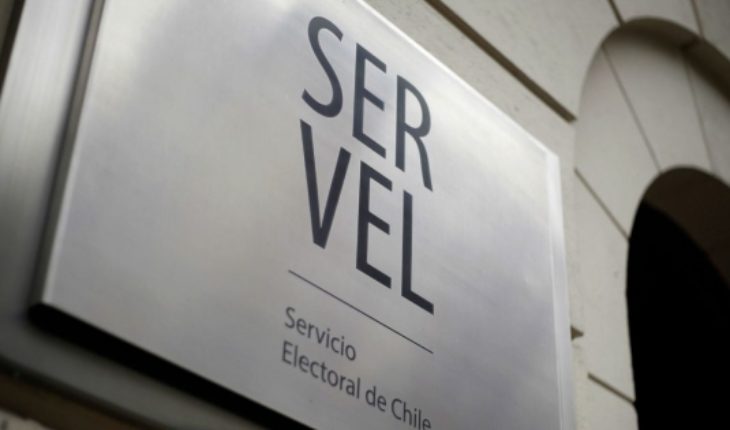gender equality gender equality and women’s political participation are two challenges IOS who in recent years have acquired greater relevance in in the political and social fields. For this reason, the programme of the United Nations for development (UNDP), working together with the Electoral service (Servel) and the Ministry of women and gender equality, they signed a commitment with political parties of different trends to promote These themes in order to strengthen democracy.
Call for proposals of the three entities responded several parties from across the political spectrum, in order to identify and develop strategies which aimed to promote greater equality of gender within their organizations and that can promote a greater political participation of women, a key factor for the fulfillment of the 2030 calendar.
In this scenario, the UNDP, based on its global and regional work on gender equality, share experiences and good practices in the strengthening of policies of gender with political parties in Chile, addressing this issue from a holistic approach, and in basis for the comparative experiences and cases internationally, especially in Latin America and the Caribbean.
The Deputy Resident Representative of UNDP, Marcela Rios, States that “political parties are crucial to the political representation of the citizens and give legitimacy to democracy. They represent the interests of the public and serve as a link with the State. They also play a role in the formation and promotion of the people who will occupy positions of power. “Hence the importance of the commitment today to assume, commitment to the promotion of equality between women and men, as well as also with the empowerment and the impetus to women to increase their participation in decision-making”.
Some figures according to the data of the Servel, more than 50% of party activists are women.
In the last elections the percentage of candidates of 17.9% for Senators and deputies 2013, 40.9% and 41.4% 19.4% increased respectively in elections in 2017, where for the first time applied gender quotas, paving the way towards a “new Congress”, which was plotted in the study policy representation of women in the legislative branch, which was presented in March by the UNDP.
With this mechanism is managed to reverse the gender inequality that existed in the electoral competition in our country, allowing that – by increasing the number of women in competition – also will increase the percentage of women occupying a seat in the current legislative 2018-2022.
The latter is clearly plotting the final figures: moved from 6 to 10 senators and 19 to 35 members, increasing the percentages of 15.8% to 23.3% in the Senate and 15.8% to 22.6% in the lower House.
Another fact that setpoint UNDP study has to do with the behavior of political parties and pacts with the law of gender quotas. In the Chamber, the covenants that presented the highest number of candidates were Chile go (75), Frente Amplio (73) and the strength of the majority (72), while in the Senate were Chile will and strength of the majority, both with 12 candidates each.
translated from Spanish: UNDP, Servel and Ministry of women come together to promote
August 21, 2018 |





